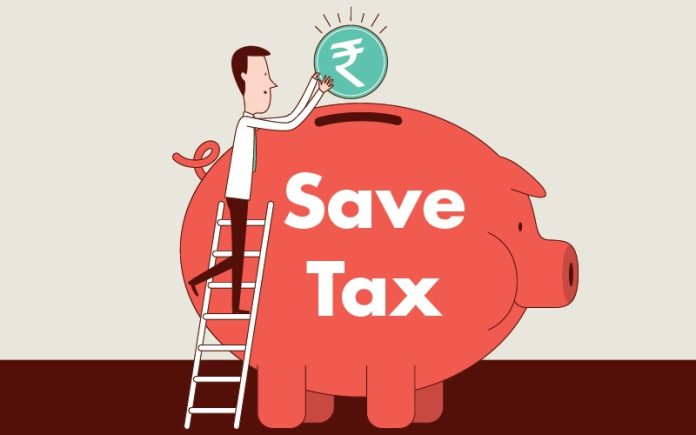The most popular way to save income tax is 80C, but most of the savings schemes come under its purview and exemption is available only up to Rs 1.5 lakh. But, there are many such options, if invested in which you will not lose even a single penny.
Haven’t done your income tax savings yet? These are the last three months. If you invest in these, you can save from tax deduction. You have only time till 31st March for tax savings in a financial year. Now January has started. In such a situation, last time savings can save your tax from being deducted. Generally, in the name of income tax savings, the first thing that comes to mind is Section 80C. But, leave aside 80C, there are 10 other options in which if you invest money then not a single penny of yours will be deducted in tax. This way tax will be saved
The most popular way to save income tax is 80C, but most of the savings schemes come under its purview and exemption is available only up to Rs 1.5 lakh. But, there are many such options in which if invested, not a single penny will be deducted and if it is deducted then refund will definitely come.
1) National Pension System (NPS)
In the National Pension System (NPS), you save tax of Rs 1.5 lakh under Section 80C, but on top of this, an additional saving of Rs 50,000 can be made under Section 80CCD (1B). That means you can save up to Rs 2 lakh in total.
2) Health Insurance (80D)
You can claim health insurance premium under section 80D. How much tax exemption you will get under 80D depends on who is included in this policy and what is their age. In this way you can claim tax savings up to Rs 25,000, Rs 50,000 and Rs 1 lakh.
3) Education Loan (80E)
If you have taken a loan for your children’s education, then you can claim tax exemption on its repayment. Under Section 80E, you can avail tax exemption on the interest portion of education loan. This tax exemption can be availed by either the parents or the child, it will depend on who is repaying the loan. There is no limit on tax exemption in this, you can claim tax exemption on interest as much as you want.
4) Home loan interest (Section 24)
You can claim tax exemption on home loan repayment in two ways. Not only can you avail tax exemption of Rs 1.5 lakh under Section 80C on the principal amount, you can also avail exemption on the interest component under Section 24. Under this section, you can get tax exemption up to a maximum of Rs 2 lakh, provided the property is in your name and you reside in it. If you do not live in that house but have given it on rent, then there is no limit for claiming tax exemption, that is, whatever interest you have paid during a year, the entire amount will come under the ambit of tax exemption.
5) First time home buyer (80EE)
The government gives additional exemption on home loan interest under Section 80EE to those buying their first home, provided that there should not be any other house in your name before this. Under this section you can claim additional tax up to Rs 50,000. This exemption is in addition to the exemption available under Section 24. This means that first time home buyers get a rebate of at least Rs 2.5 lakh in a year on home loan interest only. The condition for this is that the price of the property should be less than Rs 50 lakh and the loan should be Rs 35 lakh or less.
6) HRA(80GG)
If you are salaried and your company gives HRA, then you get tax exemption on rent. But if you do not get HRA then you cannot claim tax exemption on house rent. This happens when you either work in the unorganized sector or do some work on your own. The government gives the option of section 80GG to such people.
7) Saving Bank Interest (80TTA)
You can also get tax exemption on interest received from savings bank account. Under Section 80TTA, any individual or HUF can get tax exemption up to a maximum of Rs 10,000. This includes bank, co-operative society or post office savings account. This tax exemption is for everyone, there is no condition of being a senior citizen for it. Interest more than Rs 10,000 will be counted in the category of other income and tax will have to be paid on it.
8) Disability Medical Expenses (80DD)
If you take care of a disabled person, then you can claim the expenses incurred on him under section 80DD. That disabled person can be any member of the family, like a parent, child or sibling. How much tax exemption you will get depends on the disability of the disabled person. In this, tax exemption ranges from Rs 75,000 to Rs 1.25 lakh.
9) Treatment of specific disease (80DDB)
Treatment of certain diseases like cancer, neurological disease or AIDS is very expensive. The government gives tax exemption up to Rs 40,000 under section 80DDB. In case of senior citizens, this tax exemption is Rs 1 lakh.
10) Donation (80G)
If you do charity, you can save tax on this also. Donation made to a recognized charitable institution under Section 80G comes under the ambit of tax exemption. However, exemption is not available on the entire donation.

